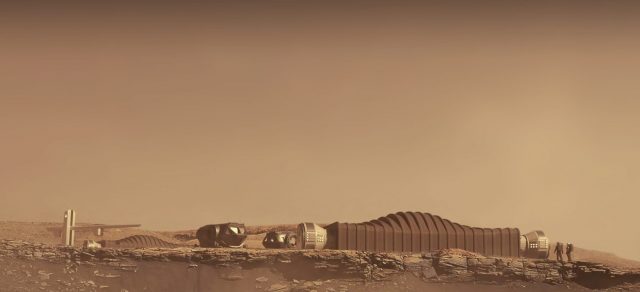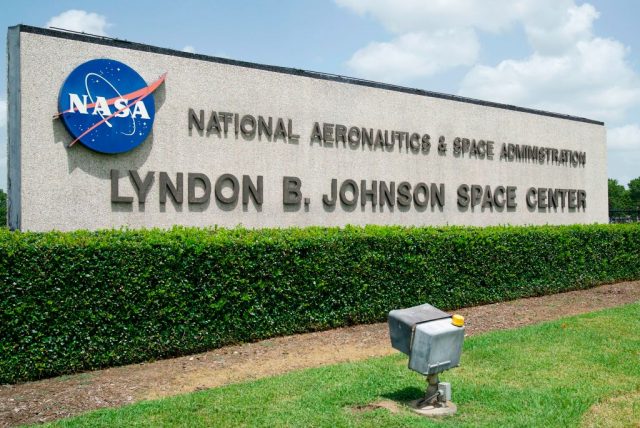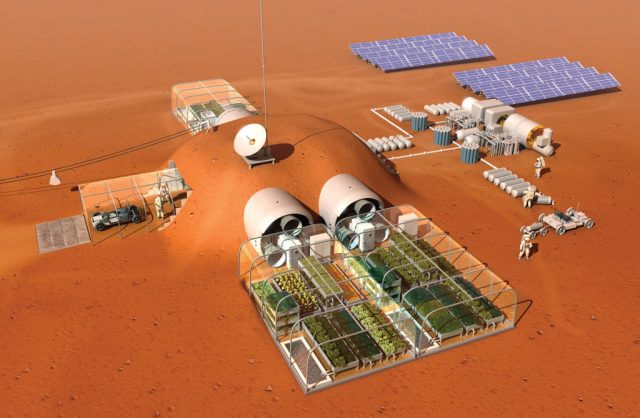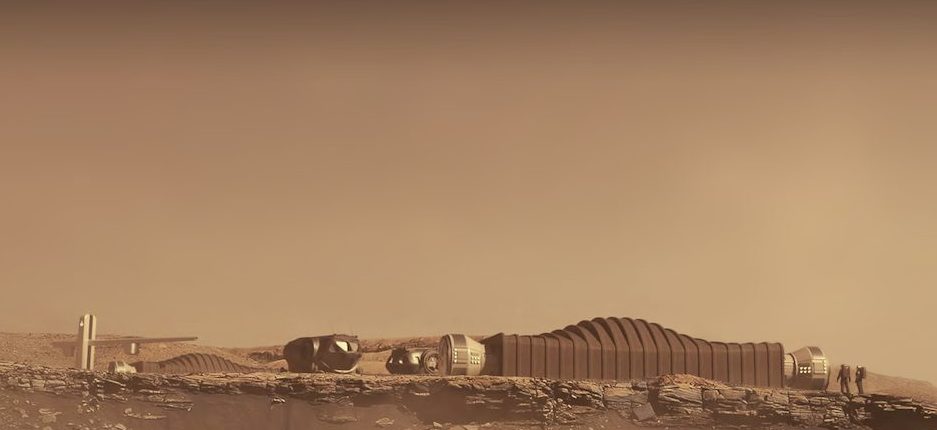NASA has announced it’s looking for volunteers to participate in three one-year analog missions to simulate life on Mars. The missions, known as the Crew Health and Performance Exploration Analog, will take place at NASA’s Johnson Space Center in Houston, Texas in 2022, 2024, and 2025.

Each mission will see four crew members living and working in a 1,700-square-foot module called the Mars Dune Alpha, which was 3D printed by ICON. The habitat has been made to simulate the challenges those on a mission to Mars might face, including limited resources and communication with family, environmental stressors, and equipment failures.
Those chosen will live in the module, which has a kitchen, private rooms, a workout room, two bathrooms, and a space to grow crops. They will also be given ready-to-eat space food.

The study will examine how individuals respond to “the rigor of a long-duration, ground-based simulation,” and will provide important data to develop solutions and validate systems.
Speaking about the missions, Grace Douglas, lead scientist for NASA’s Advanced Food Technology research effort, said, “The analog is crucial for testing solutions to meet the complex needs of living on the Martian surface. Simulations on Earth will help us understand and counter the physical and mental challenges astronauts will face before they go.”

NASA is looking for healthy and motivated candidates who are U.S. citizens or permanent residents. They must be between the ages of 30 and 55, be non-smoking, and be proficient in English.
Successful candidates must have a master’s in a STEM field or “biological, physical or computer science from an accredited institution with at least two years of professional STEM experience,” or a minimum of 1,000 hours piloting experience.
Those who have completed two years of work toward a doctoral degree in a STEM program, a medical degree, or a test pilot program will also be considered, as will those who have completed a Bachelor of Science in a STEM field or military officer training with four years of professional experience.
Finalists will undergo medical evaluations, psychiatric screening, and physiological screening to “determine suitability for a physically and mentally demanding long-duration isolation mission.”

More from us: Inspiring stories of NASA employees about their special moments in space exploration
Applications are currently being accepted until September 17, 2021. Compensation will be made available to participants, and more information will be provided during the screening process. Crew selection will follow the standard criteria NASA uses for its astronaut candidate applicants.
